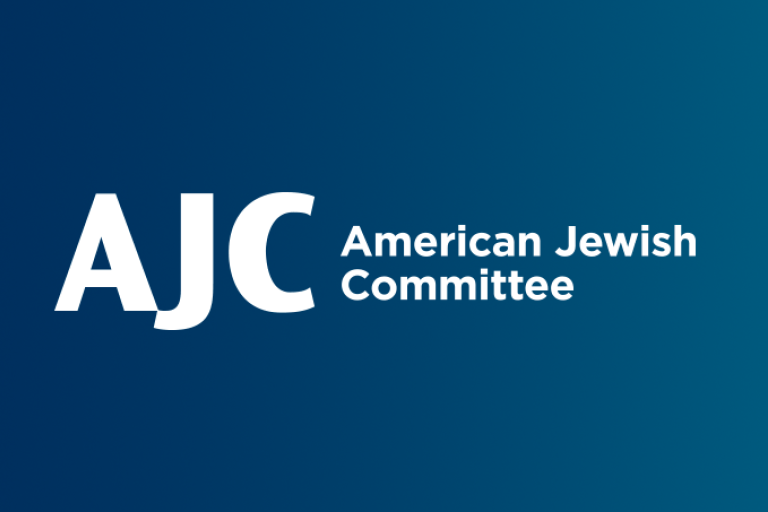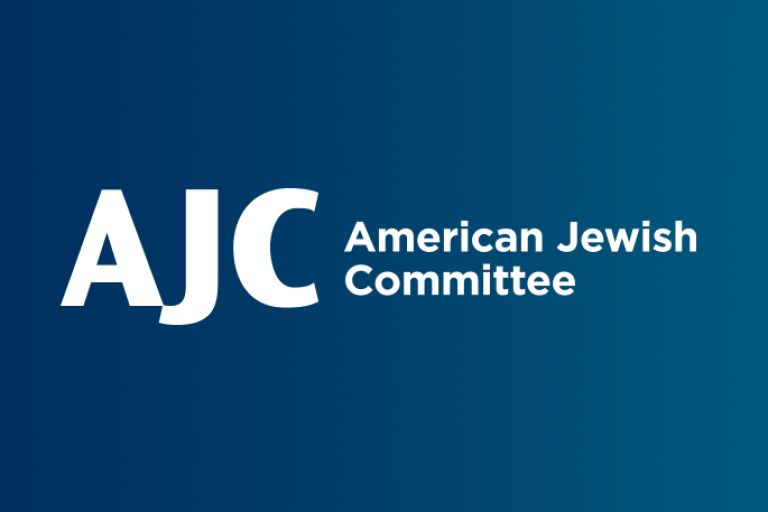May 24, 2022 — Jerusalem, Israel
This piece originally appeared in Religion News Service (RNS).
Until recently the recognition of any religion other than Islam in the Kingdom of Saudi Arabia was rare, and anyone practicing another faith was “vulnerable to detention, harassment and, for noncitizens, deportation,” according to the U.S. Office of International Religious Freedom.
But earlier this month, I attended a multifaith conference in the country’s capital, Riyadh, on “Common Values Among the Followers of Religions.” The forum, which brought together leaders and representatives of Christianity, Judaism, Hinduism and Buddhism from around the world, was an exciting breakthrough that reflects some remarkable changes.
These may be traced back to then-King Abdullah’s 2012 initiative to host a multifaith conference in Spain, together with the Spanish king, Juan Carlos. The two monarchs, along with the governments of Spain and Austria and the Vatican, took a first step of establishing an intergovernmental organization, the King Abdullah bin Abdulaziz International Centre for Interreligious and Intercultural Dialogue, to be directed by a board of nine faith leaders, of which I am privileged to be one.
At a meeting with KAICIID’s nascent board, Abdullah declared that his motive was born out of the recognition that “the Torah, the New Testament, and the Quran all seek the well-being of humanity, and therefore it is our duty as believers to work together for the benefit of humanity.”
But the founding of KAICIID undoubtedly reflected other goals as well, including a desire to project a more positive image of Islam. Saudi Arabia clearly understands that it needs to change how its people view the world and religious cultures outside its borders. It also recognizes the existential threat that violent extremism in the name of Islam poses to traditional Arab monarchies.
The kingdom is prey to perceptions that it tolerates fringe Muslim groups, as well as to mischief done by destabilizing forces acting as proxies for its Mideast rival, Iran. Nurturing global alliances against extremism helps to correct the record. Other Muslim states and bodies have made similar moves, but the cause may be more urgent for Saudi Arabia.
Under Abdullah’s successor, King Salman, changes have progressed further and faster. Most notably, he appointed Mohammed Al Issa to be secretary-general of the Muslim World League, the traditional tool for exporting exclusive extremist Wahhabi ideology. Al Issa has dramatically reorientated the body, ending both the exclusivism and its export, and reaching out to leaders of other world religions — perhaps most notably to the Jewish world.
Al Issa has condemned antisemitism and Holocaust denial forcefully, visited synagogues and signed a memorandum of cooperation with the American Jewish Committee. Two years ago, AJC brought him, together with a wide-ranging delegation of other Muslim leaders, to Auschwitz on the 75th anniversary of its liberation — a momentous and moving pilgrimage.
All of the Saudis’ interfaith initiatives had taken place outside the kingdom, however, until last week. The multifaith assembly in Riyadh was a dramatic demonstration of how significantly things have changed.
The level of leadership, Muslim and non-Muslim, was remarkable. The Jewish delegation comprised some dozen high-level persons, almost all of them rabbis, with a balance of liberal and Orthodox and American and European Jews. (I was the sole participant from Israel.)
A minor matter, but deserving of mention, is the fact that the Muslim World League went out of its way to ensure kosher food provision for the Jewish participants, demonstrating sensitivity and respect.
Other attendees included highly placed representatives from the United Nations and other international organizations, as well as three U.S. ambassadors for religious freedom: the current holder of the office, Rashad Hussain, and his two predecessors, Sam Brownback and Rabbi David Saperstein.
The forum’s concluding statements and recommendations might not be unusual in other contexts, but the fact that they were issued from Saudi Arabia made them dramatic. They included a call to respect divinely ordained diversity and differences of culture, ethnicity and religion; to respect human rights and freedoms; and to work with the U.N. and other international bodies to advance these values.
Skepticism about such calls in the face of continuing Saudi norms is understandable. Indeed, I’ve been accused in the past of helping the Saudis to use interfaith initiatives as a fig leaf for repression. I respond with the words of the sages of the Talmud: We should encourage the right thing to be done whatever the motives, because it generates a dynamic of its own leading to the best results.
Moreover, while there is no Jewish community to speak of in Saudi Arabia, there are scores of thousands of Christians (and people of other religions) in the kingdom who have not been able to practice their religion openly. If in the interests of their communities, the Orthodox ecumenical patriarch, Pope Francis through his secretary of state and Protestant leaders from an array of denominations all participated, it would be presumptuous, if not churlish, of me to spurn the outstretched hand.
The government was taking its own risks. The Saudi media coverage was said to be extensive, and reactions, though primarily in support of the conference, have included vocal criticism of the very idea of inviting even non-Sunni Muslims, let alone “heretics” from other religions.
That this conference has sparked such debate within Saudi Arabia is itself a significant achievement, and part of an important process of change that is also seen in other areas, not least of all in the radical changes in Saudi textbooks where derogatory depictions and comments about Judaism and Christianity have been expunged.
Of course, there is still a very long way to go and much that needs to change, but this initiative, planned as an ongoing forum to advance understanding and cooperation between religions worldwide, is surely an enormously important milestone along this road.
Rabbi David Rosen is the international director of interreligious affairs of the American Jewish Committee. He is based in Jerusalem.



